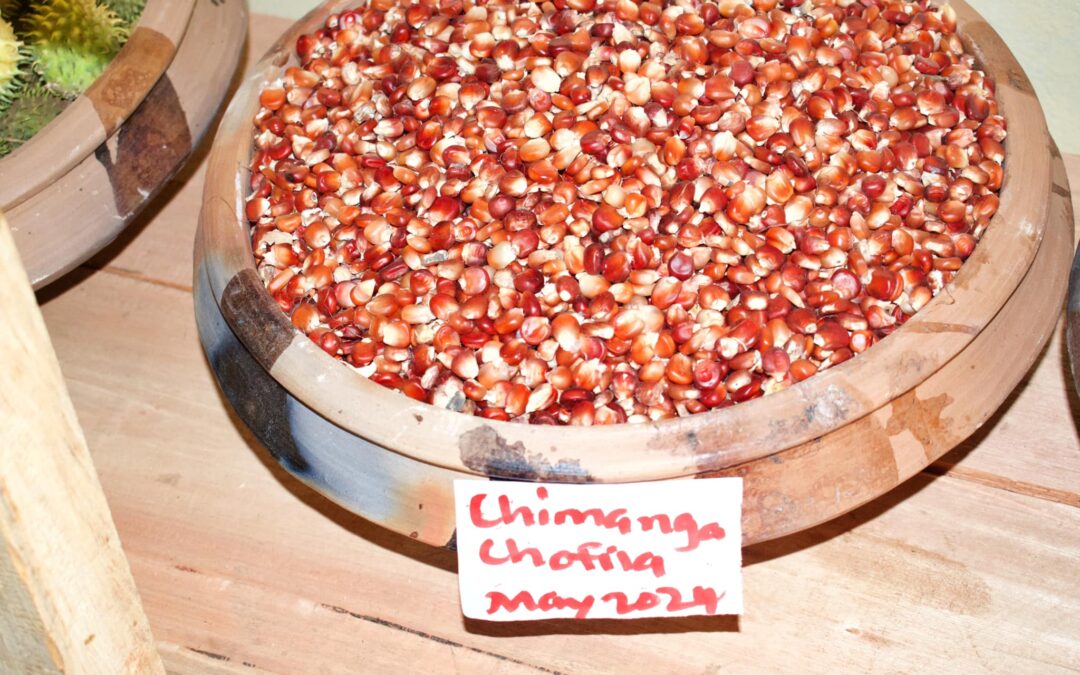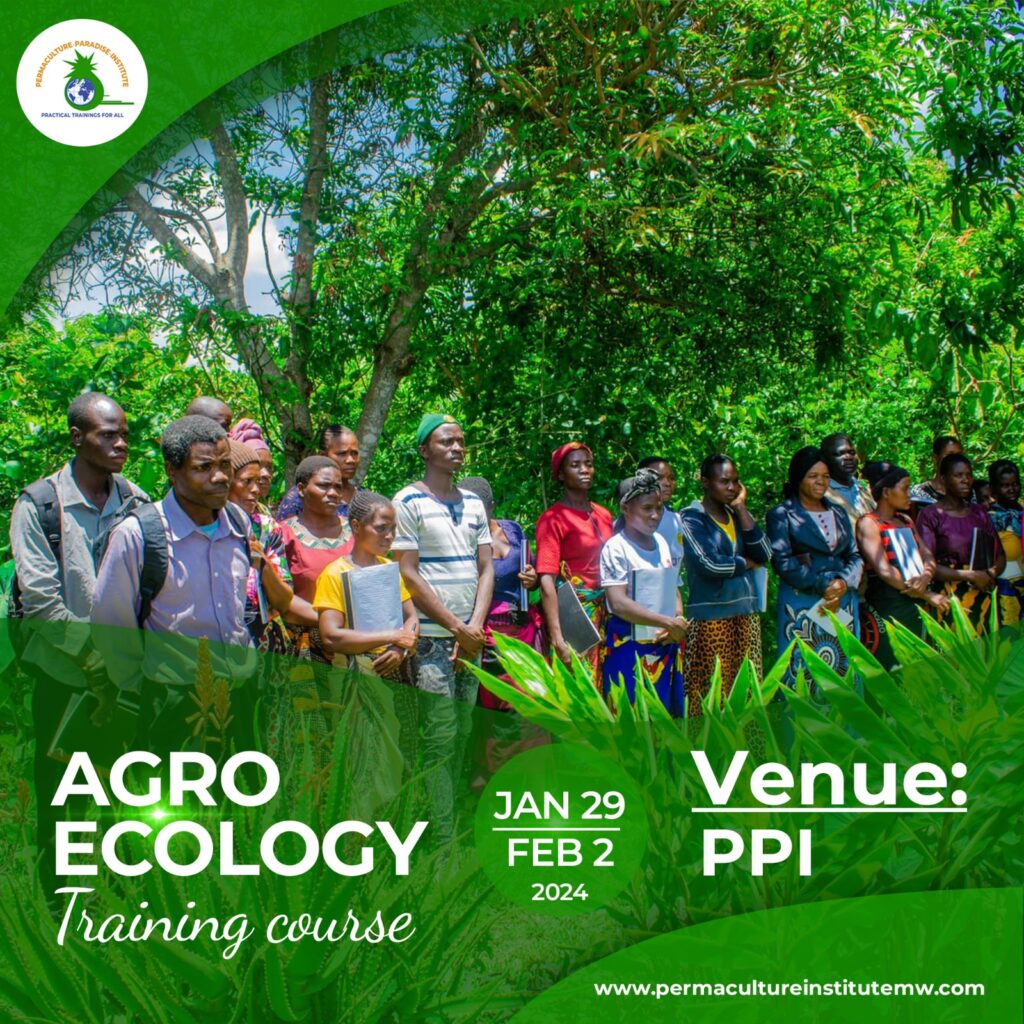In the heart of Madisi Dowa, nestled amidst the rolling hills and vibrant communities, a quiet revolution is taking place. This week marked the culmination of a series of seed and seed bank management trainings, a pivotal step forward under the ambitious food security project. Aimed at empowering smallholder farmers, these trainings are not merely about cultivating crops; they are about preserving a legacy, protecting heritage seeds that have sustained generations.
Imagine a scene where farmers, often isolated by the challenges of rural life, come together with a shared purpose: to safeguard seeds that are more than mere kernels, but vessels of resilience and cultural identity. These are seeds that have weathered storms both literal and figurative seeds that embody the essence of Madisi Dowa’s agricultural heritage.
What makes these seeds so invaluable? They are open-pollinated, resilient to climate fluctuations, and resistant to pests and diseases. In an era where agricultural practices are increasingly industrialized and homogenized, these seeds stand as beacons of biodiversity and sustainability. They are a testament to the wisdom of our ancestors, who meticulously selected and preserved seeds over centuries, ensuring not just food security but cultural continuity.
The seed bank initiative is not just a practical endeavor; it’s a celebration of community spirit and shared stewardship. It fosters a sense of collective responsibility among farmers, urging them to look beyond individual yields to the greater good of their community and the nation at large. It is a reminder that our agricultural practices can and should honor the past while preparing for the future

Each seed stored in these banks tells a story of adaptation, of survival against odds, and of resilience in the face of adversity. They carry within them the genetic memory of countless generations, adapting to changing climates and evolving alongside the needs of our people. They are living artifacts, preserving not just genetic diversity but the very essence of Madisi Dowa’s agricultural soul.

As we conclude this chapter of training sessions, we look forward with hope and determination. The seeds we safeguard today will blossom into fields of promise tomorrow, ensuring that Madisi Dowa’s agricultural heritage remains vibrant and secure for generations to come. It is a reminder that by investing in our seeds, we invest in our future an investment that transcends agriculture to encompass culture, identity, and sustainable development.
In Madisi Dowa, seeds are more than crops; they are a testament to the resilience of a community united in purpose and vision. They are the threads that weave together the past, present, and future, nurturing not just bodies but the spirit of a nation. As we move forward, let us continue to sow the seeds of change and reap the fruits of our collective labor, ensuring that our heritage seeds continue to serve and protect, just as they have done for centuries.



